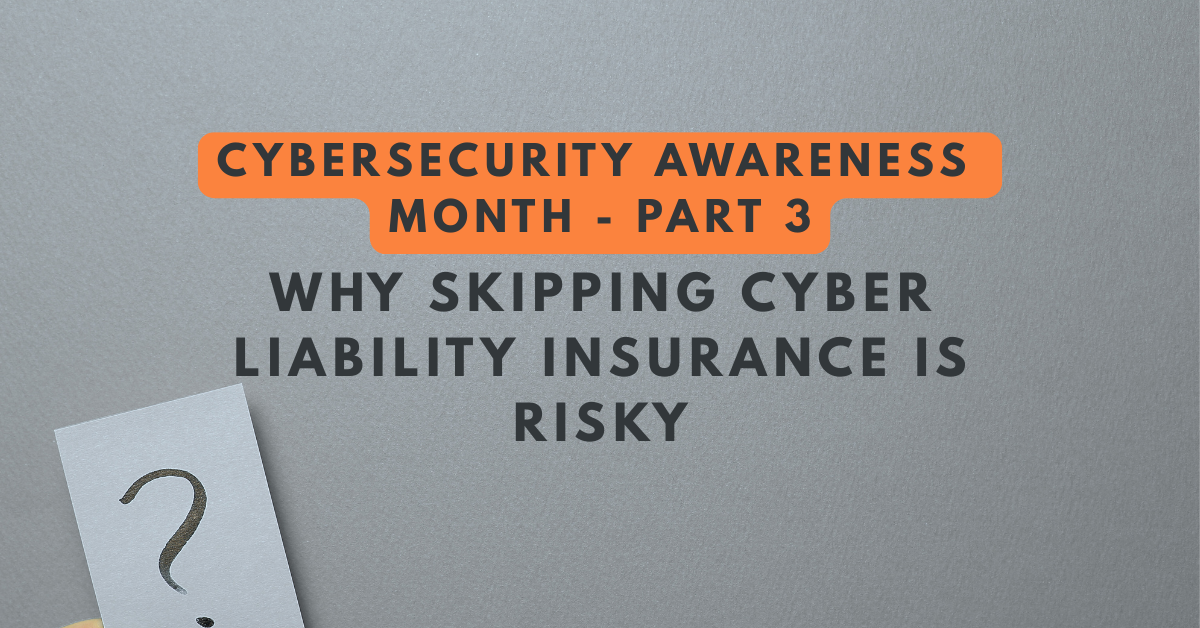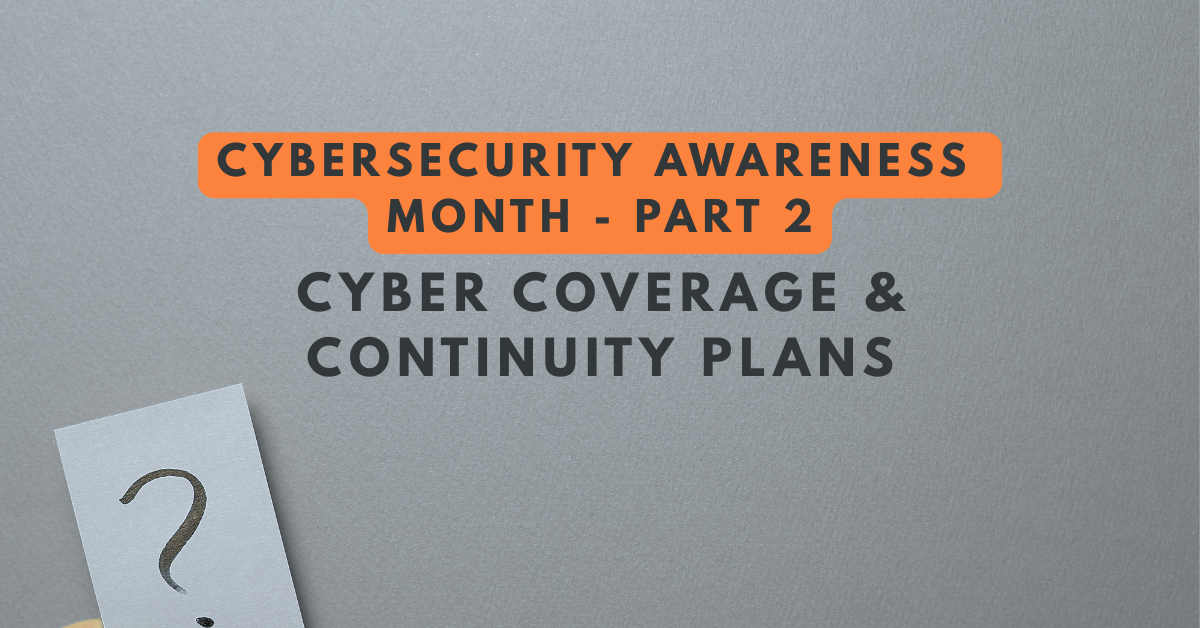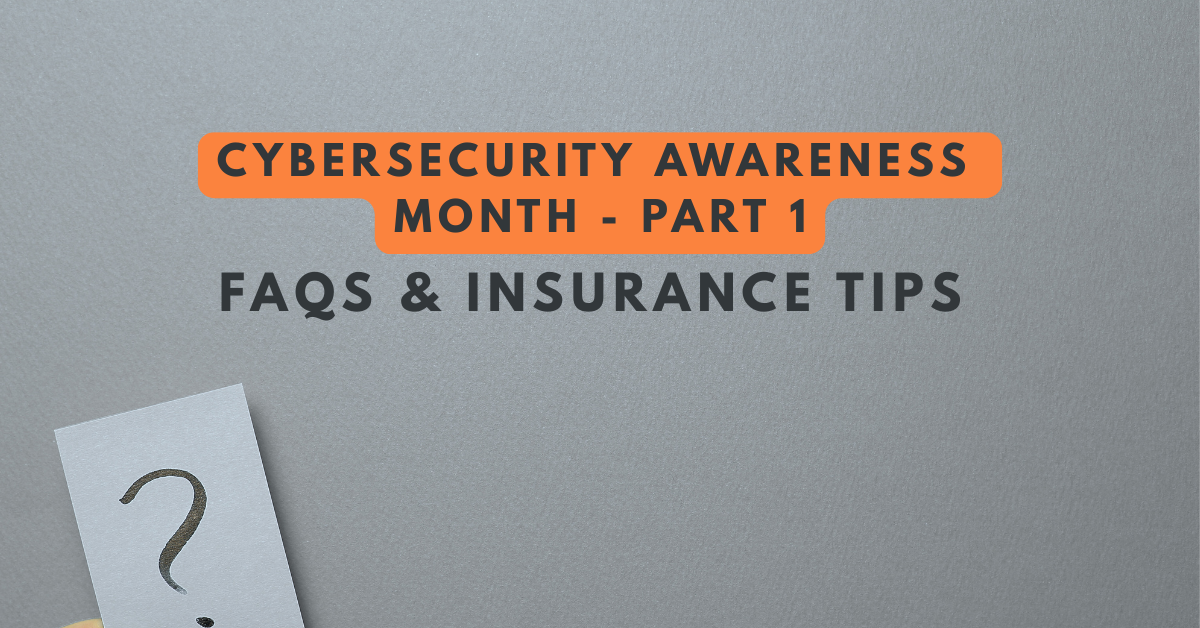Creating a Cybersecurity Awareness Program
See How We're Different
or call us: (858) 384‑1506
Imagine the CEO of your company emailing you to ask you to purchase $500 in gift cards. Something feels off…but it’s your CEO asking. Do you do it? Do you know who you can ask to make sure it’s legit?
Imagine your long-time associate at a top vendor emails you an invoice requesting payment via wire transfer for $100,000. You have received the same email, invoice, and instructions several times, and don’t think twice about remitting the funds. The problem is you didn’t look closely enough at the email address, nor did you call to verify the validity of the request. So, like you’ve done many times before, you wire the funds. The problem is, although the name on the email was recognizable, it was sent to you by a cyber criminal overseas. And you’ve now wired the funds to their bank account. The $100,000 cannot be retrieved, and you have lost the company’s money. Ouch!
These examples are scams that cybercriminals use to steal from businesses. Whether employees receive emails with fake links to Eras Tour tickets, text messages with misleading purposes, or phone calls from attackers impersonating trusted entities, cyber scams are a severe risk.
No matter the size of a business, it is susceptible to cyber-attacks. In an age where nearly all critical information is stored digitally, it is vital to take steps to protect it. Malware attacks, phishing scams, and ransomware schemes are prevalent and can create significant financial loss and reputational damage for businesses.







